
SHILLONG, AUG 14: The state government on Friday set a 125-day timeline for implementation of the Phase-I & II of setting up of the entry/exit points as part of the comprehensive mechanism to curb influx and illegal immigration.
At the same time, the government has also assured to examine the suggestions needed for incorporation into the amendment of the existing benami act and residential bill before placing their final drafts before the assembly.
The decision was taken at a meeting convened by chief minister Mukul Sangma with the 13 pro-ILP groups held on Friday.
“The Task Force constituted by the cabinet will monitor and ensure timeline completion by all concerns as various measures are required to be taken by various agencies of the government tasked for different jobs,” Sangma said.
Speaking to newsmen after the meeting, FKJGP president Joe Marwein said, “The state government has given one and a half month

to the district administrations concerned to complete the first phase while three months for the second phase for implementation of the entry/exits points in the state.”
According to him, the 125 days deadline is for speeding up the process of acquiring the land required for setting up of the entry/exit points besides clearing of the land compensation.
Marwein informed that under the first phase it will include entry/exit points at Malidor and Khanduli in Jaintia hills, 19th Mile in Ri Bhoi district and 23 others in different parts of Garo hills region.
While the second phase will include those areas falling under the Block I and Block II along the inter-state border with Assam, Marwein said. “The government has also entrusted the Tourism department for planning, management and designing of the entry/exit points,” he informed.
HNYF general secretary Sadon K Blah said, “The ngos have proposed that the validity of the entry permit to be obtained from these entry/exit points will be 179 days,” adding “However, for students (from outside) they don’t have to renew but would require to produced their ID proof as long as they are studying in the state after getting the entry permit.”
During the meeting, the ngos have also submitted the suggestions for amendments of the two bills related to benami and residential.
“We have proposed insertion of ‘detection provision’ in the existing Benami Act,” Marwein said while pointing out that this is needed in view of the fact that there has not been a single case detected despite of the existing of the act for the past many years.
Similarly, he said, “We have also suggested the government to exempt the indigenous people (Khasi, Jaintia and Garo) from the proposed residential bill.” He informed this suggestion has been given because the comprehensive mechanism is for the interest and protection of the indigenous people and to regulate the entry of outsiders.
In addition, KSU president Daniel Khyriem said that the ngos have urged the state government to clearly define the local indigenous in the proposed residential bill, which lack understanding on this aspect.
Informing that the state government had assured to examine the suggestions put forth by them, Khyriem said, the government would re-convene a meeting with the ngos again before the upcoming Assembly session.
The KSU chief said that the ngos have maintained that the final drafts should be placed before the proposed meeting before these bills are introduced in the assembly.- By Our Reporter











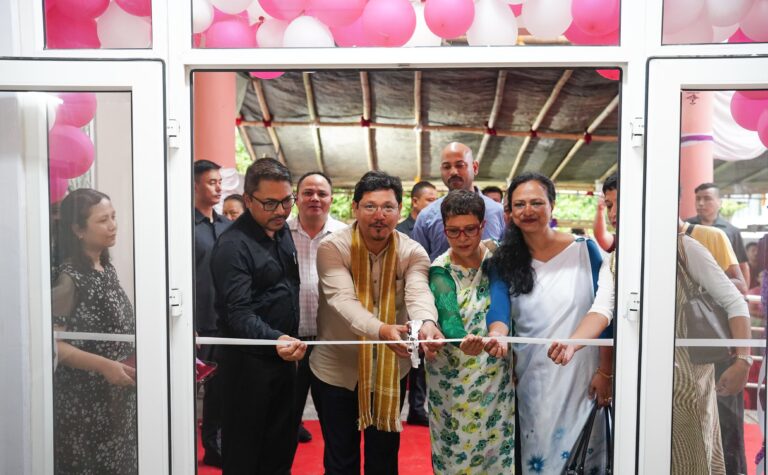
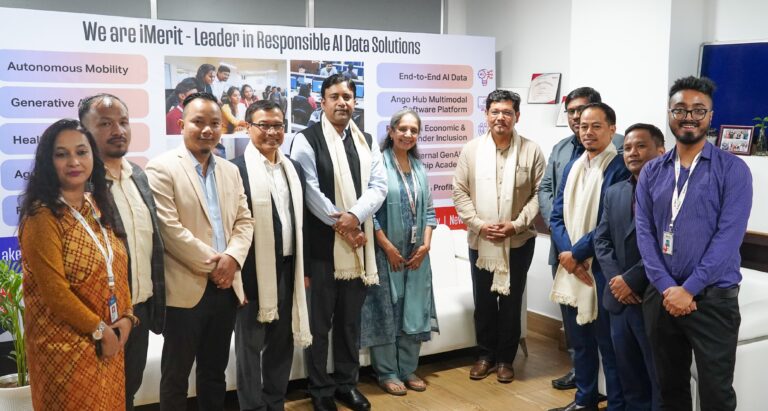
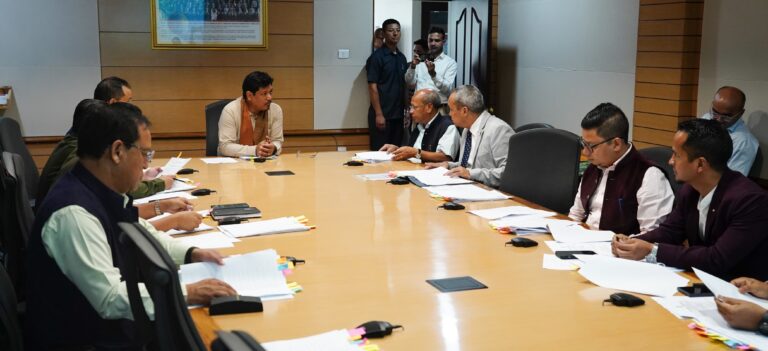

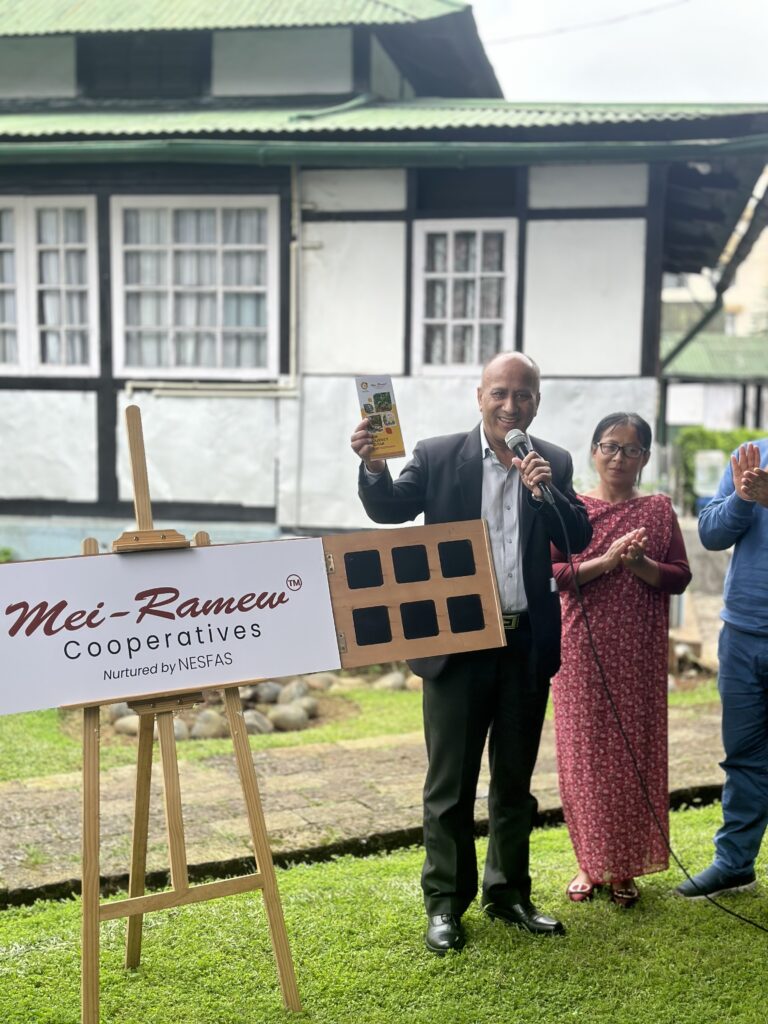
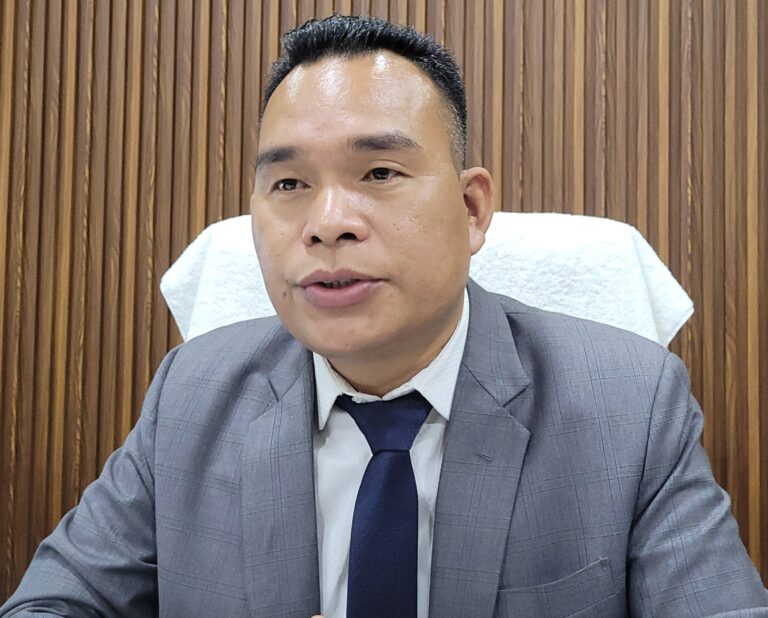
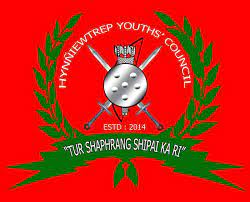


+ There are no comments
Add yours